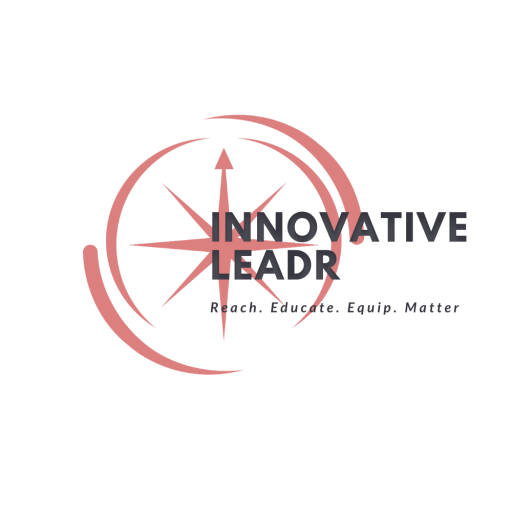Have you ever sat down at the table to begin problem-solving with a district, school or PLC, and within 5 minutes of the conversation you realize that the amazing amount of data being analyzed is not actually giving you the information you need to move forward, however, the team is so data drunk that they don’t even realize it?
This has happened to me more times than I can count lately. Collecting data for children should never be about the quantity of data, but instead the quality of information the data is giving you. In the same breath, if you are screening and assessing children but do nothing with that data, it is not only a waste of your time, but a waste of theirs too.
The data points that you want to analyze at the beginning of the year are a universal screener, a diagnostic screening, and some type of content specific assessment data (prior year End of Grade assessment; Beginning of Year (BOY) baseline assessment; some Common Formative Assessment (CFA) that is universal to that grade; etc.).
There is no need to have more than one universal screener that assesses the same skill(s). Teachers do not want to take time away from teaching to double assess students, just as much as students don’t want to take multiple assessments on the same skills to show that they either get it, or that they don’t.
There is a plethora of research on the importance of universal screenings, and I am 100% behind them, however you need to make sure that your screener is indeed a screener – a brief assessment, typically skill based, that is given to all students in the same class, grade, school building or school district to identify or predict students who may be at-risk for poor learning outcomes. Once you have your screening data, then you can determine which students need further assessment through a diagnostic screening tool to determine root cause and begin developing an intervention plan.
Knowing what data you need should inevitably drive the data you are collecting. Then you will be able to answer the following questions: Is the data you are collecting giving you the information you need to move forward and effectively problem-solve on the behalf of children? Are you analyzing at least 3 data points – a triangulation of data – or making decisions based on just 1 data point? Were you able to identify specific skill deficits through the diagnostic screening tool to help in determining root cause of the student’s struggles? Do you have the information you need to create an effective intervention plan for the student(s)? These are important questions the team needs to ask in order to have the most effective discussions and effectively problem-solve on behalf of the students’ academic and behavior success.
Remember, you want to be data rich, not data drunk!
